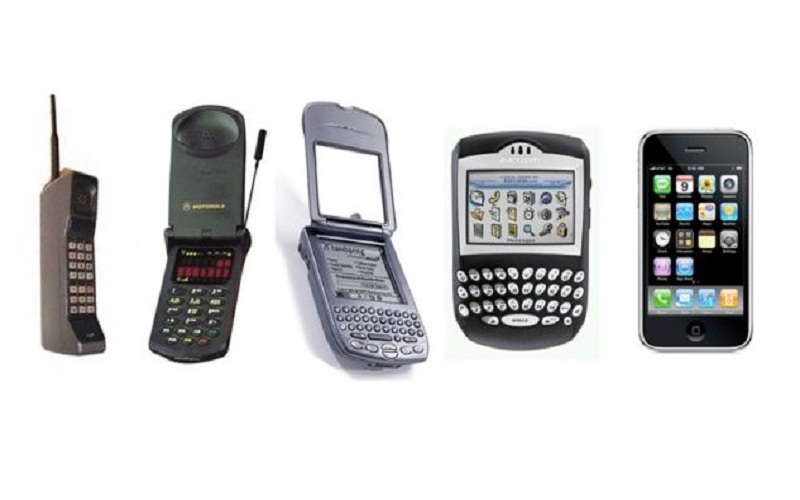Is Refurbished Technology on the Path to Obsolescence?

Ever been frustrated by your present mobile device and thought about changing it, but had to push that thought away because you don’t have the asking price for the mobile phone you want? Refurbished technology could be the way out for you.
Before you put that thought off again because the human in you wants something new and shiny, there are things you should consider. You should weigh how your actions can, even if it doesn’t seem like it, affect the world you live in. How can your choice to patronize refurbished mobile phone companies such as I Need A Mobile, do anything about your environment? You are about to discover.
Would you love to one day read Online Reviews about a country you’d like to visit and discover it no longer exists because it has been overrun by waste? Actual rubbish made by you and other humans in the world? If the answer is no, then you might want to consider taking refurbished technology more seriously.
Refurbished technology generally is key to establishing a circular economy. The implementation and health of a circular economy will decide if there is still a world where you can comfortably seat and read this article in the future.
It is becoming impossible to turn a blind eye to the waste we put into the world because of our inability to recycle and reuse properly. Refurbished technology helps reduce this mess quite literally, and placate the volume of our e-waste.
This is so important, that Apple, the American smartphone maker, decided to not include wall chargers with their latest flagship phone. Their reason? Curbing waste, e-waste. In the year 2014, Apple’s CEO, in the company’s Q3 earnings call while giving his opinion on what he thought about trade-ins, he pointed out the importance of the secondary market, and how Apple was creating programs to expand it. It was clear Tim and others at Apple saw the opportunities that existed in the secondary market. Two years on from that speech, Apple unveiled a program refurbishing iPhones and sells them all over the world.
The year 2018 saw a jaw-dropping 44.7 megatons of e-waste produced worldwide. That is over 40 billion kilograms of waste generated into a planet already suffering from the effects of carbon pollution. We simply cannot keep churning out new devices, and act like nothing is wrong with our home. You can’t stay in a burning house and be as happy as Larry. Steps have to be taken to reduce this waste and using refurbished devices is one of the ways we can make it happen.
Refurbished technology is cheap. Well, cheaper than buying new devices. This will be important going forward. The world’s economy has taken a giant hit because of the pandemic. Businesses have shut down; people have lost their sources of income all around the world, more people are likely to trade-in their expensive gadgets to make ends meet. There will be an increase in the presence of used devices in the technology market, the economy being negatively impacted means lots of people are going to be willing to get used and refurbished devices instead of new ones. This already has been witnessed in the way the sale of new smart devices has dropped. Apple reported a slump in the sale of the iPhones in one of their quarterly reviews.
In May of 2020, Samsung was reported to have witnessed a 32% drop in shipments for the most popular S20 when compared to the previous year’s release of the Galaxy S10.
The negative air of perception around refurbished devices is why they sometimes feel like they are terrible devices which no one should get, and that creates a false narrative of obsolescence. The refurbishing industry will experience growth in the coming decades as well-meaning people are taking the fight against planned obsolescence seriously. Tech companies, especially the hardware manufacturers will no longer be allowed to get away with the cunny act. Apple and Samsung have recently faced fines and lawsuits over it, and that has struck fear into other manufacturers who practice this. Successfully combating this means devices can last longer and people won’t be forced to upgrade to the latest the device a manufacturer puts out.
Refurbished technology is not going obsolete. Rather, it is getting more attention and people are seeing reasons why they need to patronize the industry more. Refurbishing companies will also only get better at making these devices run as if they were new as time goes on. It is good for the environment and your purse.








